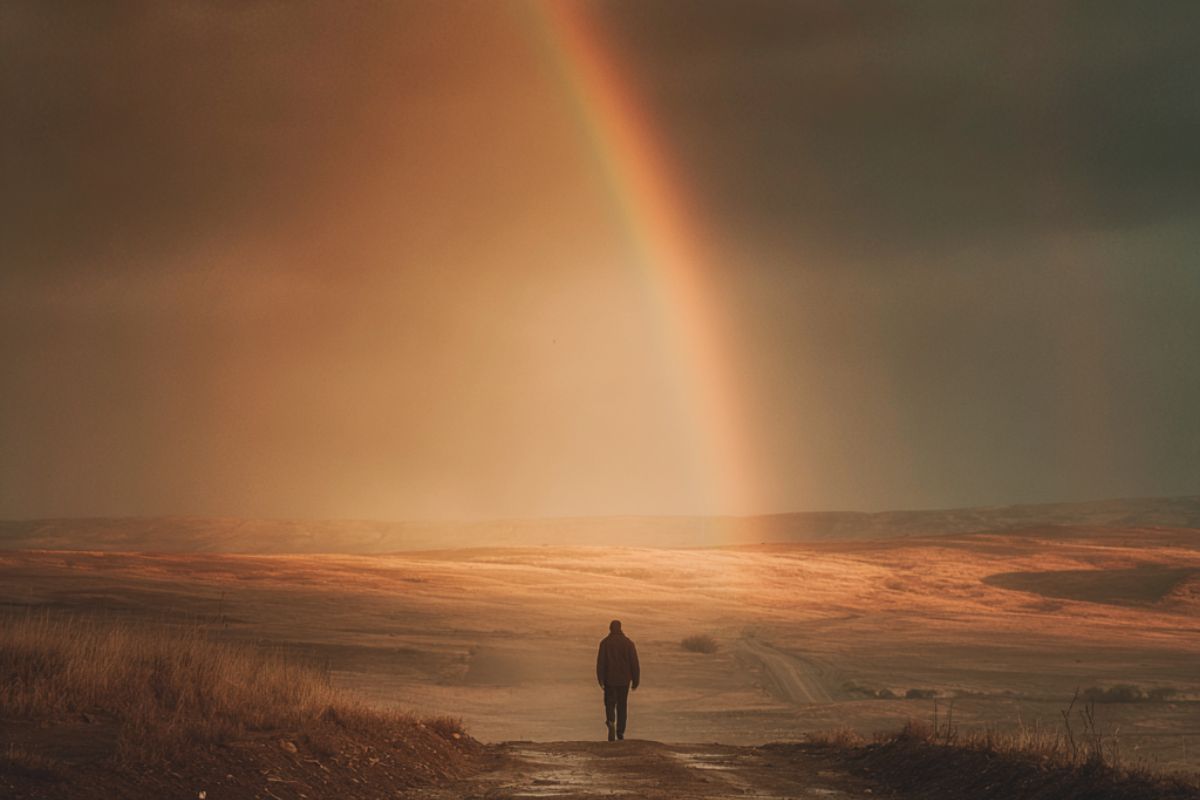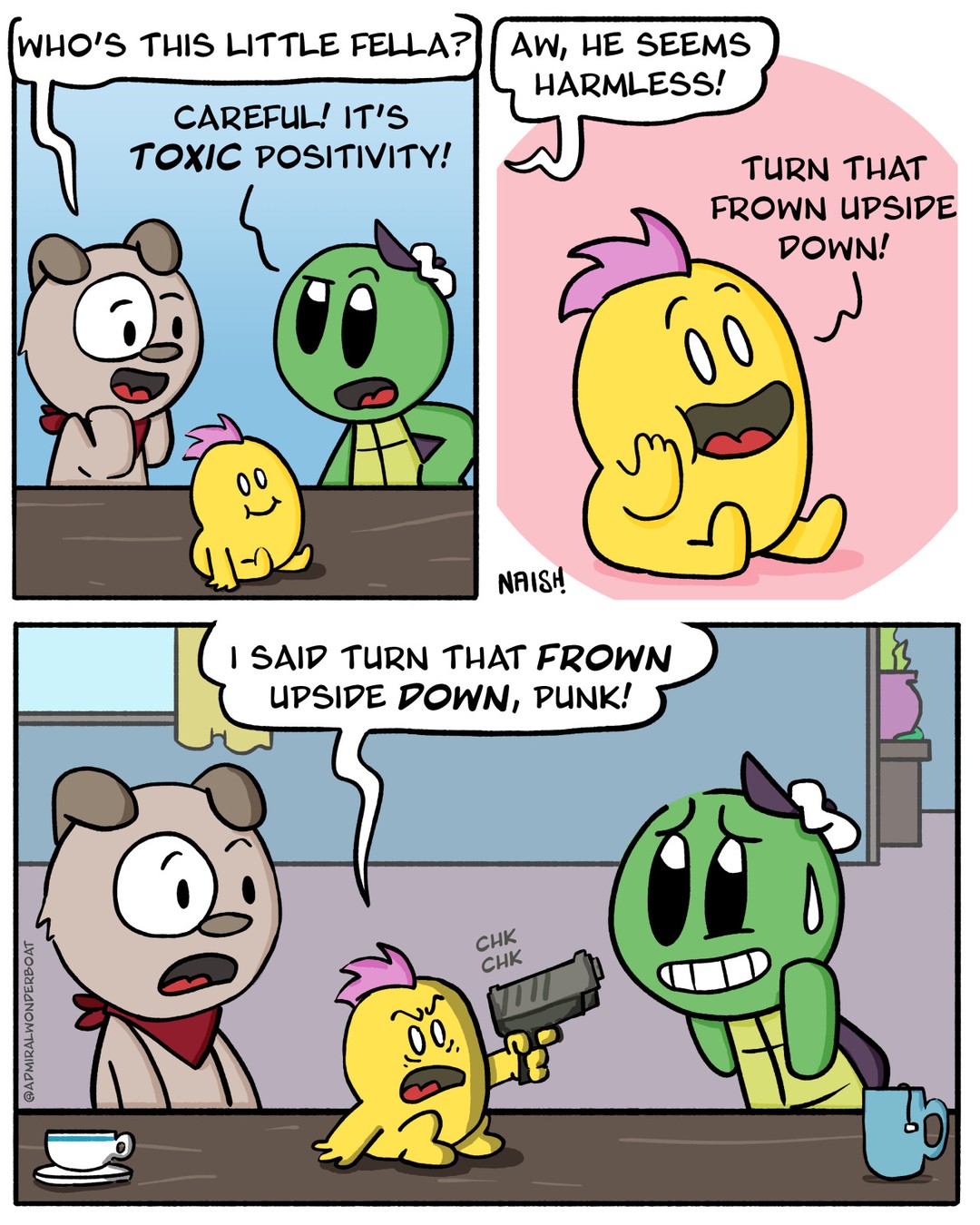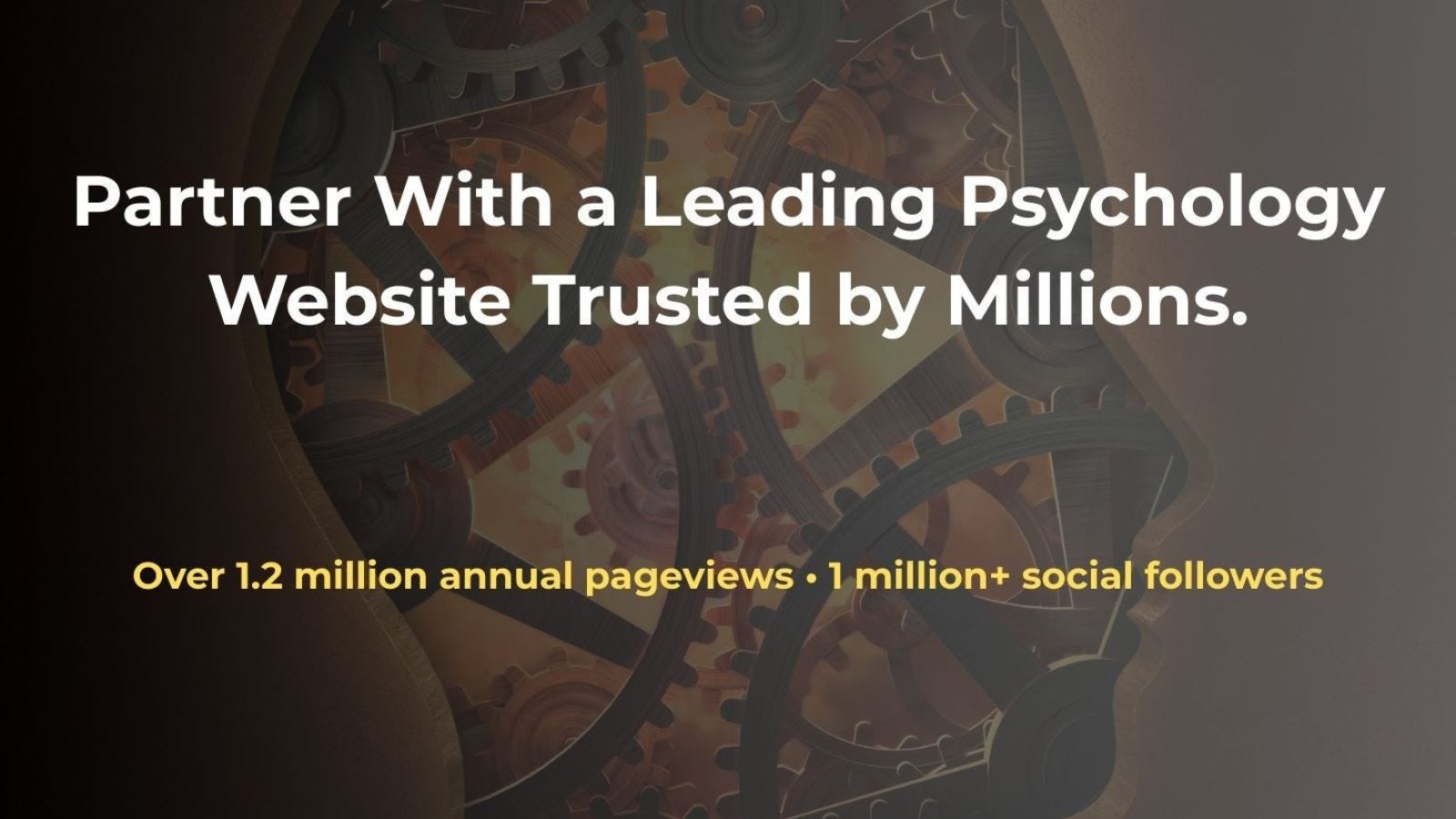Chasing Rainbows: The Psychological Meaning Behind a Powerful Idiom

David Webb (Founder and Editor of All-About-Psychology.com)
There’s something quietly powerful about the phrase chasing rainbows. It captures that very human tension between hope and reality, between what we long for and what always seems just out of reach. This article is about that tension. It’s about yearning, disappointment, and the deep psychology behind why we keep striving for things we may never actually attain.
The inspiration came, unexpectedly, while I was watching this year’s Glastonbury music festival. One particular performance caught me off guard; not because it was ground-breaking or new, but because of the feeling it stirred. What followed was a restless night and a need to understand why an old Britpop song still hits a nerve all these years later.
The Song That Stayed With Me
I was watching this year’s highlights of the Glastonbury music festival on the BBC, which included a performance of this ’90s Britpop anthem by Shed Seven.
My reaction was one of warm nostalgia with a hint of melancholy. I know that sounds like the world’s most pretentious wine-tasting description, but this feeling stayed with me to the extent that I couldn’t sleep that night, which in turn led me to explore why this song resonated the way it did.
So Relatable
The first thing I researched was the meaning of the song title and lyrics, and in doing so, I came across an interview with lead singer Rick Witter, who stated that the song is about disappointment
“…it’s become the song that people most connect with. It’s about disappointment and wanting what you can’t have – ‘I’ve been chasing rainbows all my life’ – which obviously everyone can relate to.”
The central theme of chasing rainbows is the pursuit of something that feels out of reach or is an illusion. The song strikes a chord with people who know the sting of disappointment, the yearning for something unattainable, and the bittersweet nature of hope. I reckon that’s most of us.
Chasing Rainbows as an Idiom
As an idiom (a phrase or expression with a figurative meaning that differs from the literal meaning of the individual words), chasing rainbows conveys the following meanings:
- Going after something that looks promising but is out of reach.
- Chasing a dream that’s unlikely to ever come true.
- Investing energy in a goal that’s more fantasy than reality.
- Pursuing hopes that sparkle from a distance but fade up close.
- Trying to grasp something that exists more in imagination than in real life.
- Being drawn to an ideal that can’t be fulfilled.
- Working toward a vision that’s emotionally compelling but practically impossible.
- Holding onto aspirations that are destined to disappoint.
- Following a path built more on longing than on likelihood.
- Aiming for a future that’s more illusion than attainable outcome.
I think its fair to suggest that chasing rainbows is an integral part of the human experience, not least because:
We’re driven by hope. Our capacity to imagine better futures (no matter how unrealistic) has evolutionary value. It motivates effort and can fuel creativity, even if the goal remains out of reach.
We attach meaning to struggle. Often, it’s not the outcome but the pursuit itself that gives life a sense of purpose. People chase ideals - true love, artistic greatness, inner peace - not necessarily expecting to “arrive,” but because the striving adds meaning to their lives.
We’re drawn to beauty and mystery. Like rainbows, some things are captivating precisely because they’re elusive. We romanticize what we can’t have, turning impossibility into something emotionally rich. This is as true in love and ambition as it is in spirituality or art.
We all experience disappointment. Everyone, at some point, has poured energy into something that didn’t materialize. The idiom resonates because it captures that universal moment: when hope collides with reality, and we’re left holding the ache of what could have been.
We walk the line between hope and reality. Depending on your perspective, chasing rainbows can be either noble or naïve. That duality mirrors the human condition: we oscillate between dreaming and doubting, trying and letting go, always walking the line between optimism and realism.
Another indication that chasing rainbows conveys a core human experience is its long history of use as an emotive interjection. In 1806, the English poet Edward Rushton wrote the following verse in his poem The Chase:
Thus the world’s a wide forest, abounding with game, Where we dash with wild hope, after wealth, pleasure, fame, For as children chase rainbows, so day after day, Tho’ we find all delusion, we cry, hark away!
Possibly the darkest historical example I came across, was the popular Vaudeville song I'm Always Chasing Rainbows, the lyrics of which are:
At the end of the rainbow there's happiness And to find it how often I've tried But my life is a race just a wild goose chase And my dreams have all been denied Why have I always been a failure? What can the reason be? I wonder if the world's to blame I wonder if it could be me? I'm always chasing rainbows Watching clouds drifting by My schemes are just like all my dreams Ending in the sky Some fellows look and find the sunshine I always look and find the rain Some fellows make a winning some time I never even make a gain, believe me I'm always chasing rainbows Waiting to find a little bluebird in vain I've looked to the west as the sun goes down And I've followed its glorious rays But the faster I'd run I would miss the sun My life's full of wasted days I've always been a natural loser Each thing I touch must fail If good luck ever came to me it would never seem right at all
And to think I’m often told that the lyrics of my favorite band The Smiths are depressing 😂
Apparently, the biggest hit version of I'm Always Chasing Rainbows was by Charles W. Harrison in 1918, which also featured the wonderfully titled B side I Miss That Mississippi Miss That Misses Me. They don’t write them like that anymore!
Chasing rainbows endures as a powerful idiom because it reflects something deeply human: our yearning for more, even when “more” may never arrive. But when that yearning becomes constant - when we’re always chasing, always hoping - it’s worth asking what emotional weight we carry along the way.
The Overlap Between Chasing Rainbows and Toxic Positivity

ADMIRAL WONDERBOAT © 2018–2025 Chris Naish
At first glance, chasing rainbows and toxic positivity seem worlds apart. One is a poetic reflection of longing; the other, a grating insistence on cheerfulness. But look more closely, and a subtle overlap begins to emerge; especially when hope turns into pressure.
We live in a culture (particularly in the west) that doesn’t just celebrate the pursuit of dreams; it demands it. The idea that you should “never give up,” “reach for the impossible,” or “manifest your desires” is so deeply woven into modern self-help and pop psychology that chasing rainbows starts to feel less like a quiet personal ache and more like a moral obligation. When hope becomes compulsory, the line between striving and toxic positivity starts to blur.
Toxic positivity often disguises itself in aspirational language. It tells us that any goal is achievable if we just believe hard enough, an idea that feeds the rainbow chase but leaves little room for grief, doubt, or failure. If you fall short, it’s not because the goal was illusory, it’s because you didn’t want it badly enough. That’s where the damage creeps in.
In this way, chasing rainbows can be co-opted by toxic positivity. What begins as a deeply human expression of longing becomes a cultural script: always strive, always smile, never say out loud that some things might simply be out of reach.
But not all rainbows are meant to be caught and not all feelings need to be fixed. Sometimes, sitting with the ache of what isn’t is more honest than pretending it’s just one more step away. There’s nothing toxic about yearning. What’s toxic is pretending that it doesn’t hurt.
Why We Need to Live With Negative Emotions
Living with negative emotions isn’t just unavoidable, it’s essential. Emotions like sadness, disappointment, frustration, and longing aren’t flaws in the system; they’re signals. They tell us what matters, what hurts, and where we hoped for more. To deny them is to flatten the emotional range of being human.
While much of modern life encourages emotional avoidance - through distraction, denial, or relentless positivity - chasing rainbows has long offered a subtler path. It allows us to engage with our longing without necessarily resolving it. To pursue something just out of reach is, in itself, a way of honouring what we lack, what we wish for, and what hasn’t come to pass. In this sense, chasing rainbows is not an escape from negative emotions, it’s a quiet confrontation with them.
Done honestly, it becomes a way of living alongside the ache, rather than pretending it isn’t there. As Robert Browning wrote in his poem Andrea del Sarto, “a man’s reach should exceed his grasp.” Though written in the language of his time, the idea still holds true: that to be human is to strive for more than we can hold.
I hope you enjoyed reading this article - or at the very least found something in it that felt familiar or thought-provoking. I’d love to know your thoughts, whether you’ve chased a few rainbows yourself, or reflected on what it means when they stay just out of reach.
As for me, its’ time to go chase another rainbow I’ll probably never catch.
Cheers,
David Webb (Connect with me on LinkedIn)
Founder, All-About-Psychology.com
Author | Psychology Educator | Psychology Content Marketing Specialist
🚀 Want to get your brand, book, course, newsletter or podcast in front of a highly engaged psychology audience? I can help.
All-About-Psychology.com offers advertising and sponsorship opportunities across one of the web’s most trusted psychology platforms - visited over 1.2 million times a year and supported by over 1 million social followers.
Whether you're an author, educator, startup, or organization in the psychology, mental health, or self-help space - this is your chance to stand out.
🎯 Exclusive placement
🔗 High-authority backlink
👀 A niche audience that actually cares
Learn more and explore advertising and sponsorship options here:
👉 www.all-about-psychology.com/psychology-advertising.html
Know someone who would be interested in reading Chasing Rainbows: The Psychological Meaning Behind a Powerful Idiom.
Share This Page With Them.
Go From "Chasing Rainbows: The Psychological Meaning Behind a Powerful Idiom" Back To The Home Page
